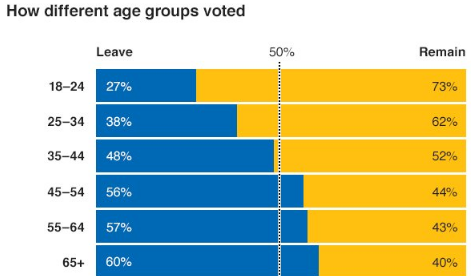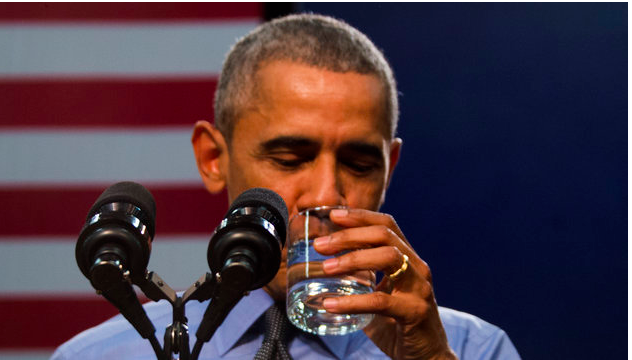 What Is the Added Value of the Mediator In Getting Cases Settled? It is important to note that mediation is a tool that can help in some but not all cases. Lawyers and clients settle cases everyday without the assistance of a mediator. Clearly, mediation is not warranted in those cases and is not intended to replace what lawyers do well on their own. In fact, most cases reach resolution in this way, and that is a very good thing.
What Is the Added Value of the Mediator In Getting Cases Settled? It is important to note that mediation is a tool that can help in some but not all cases. Lawyers and clients settle cases everyday without the assistance of a mediator. Clearly, mediation is not warranted in those cases and is not intended to replace what lawyers do well on their own. In fact, most cases reach resolution in this way, and that is a very good thing.
However, there are cases where the parties are having difficulty engaging in meaningful settlement dialogues. There are many reasons for this: opposing lawyers or clients may have difficulty communicating with one another, or the parties may have reached and impasse and are unable to overcome it. Whatever the reason, mediation is a cost effective step towards resolution instead of proceeding to long and costly battle in court.
So what does a mediator do and how does he or she do it?
At the outset I must note that in most cases, a mediator has one day, or less, to cover a lot of ground. In contrast to the disputants’ long-term involvement with the case and with each other, a mediator has a relatively short amount of time to develop a relationship of trust with the parties, to master the key facts and law sufficiently to reason with the parties, to grasp the underlying dynamics between the parties, to recognize the impediments to settlement, to identify the “zone of potential agreement” and coach the parties into overcoming the obstacles to getting there and to prepare, offer and consider reasonable settlement proposals and counterproposals that might work.
From the get go, a good mediator listens carefully to what is and what is not being said by the participants. One can learn a lot by listening to the words, tone of voice and watching the body language of those speaking and those not speaking. Poker player’s call these “tells.” I think it is just that people communicate and comprehend what others are trying to say in different ways, some aurally-inclined, some visually, some physically. As I have written in other blog posts and articles, I believe that most conflict is caused by usually unintentionally poor communication. A productive mediation allows the participants to look behind the appearance of conflict and the conventional narratives that flow from it and examine the issues in a different light, opening the door to compromise.
Timing is another important component of a mediator’s trade. It comes into play in a variety of ways. A good mediator knows when to ask questions and knowing how to phrase them so as not to alienate but rather to coax the person into the process. The mediator must not appear to be overly opinionated. Even the perception of mediator bias undermines trust and diminishes his ability to reason with the parties in order to bring them closer to agreement. The mediator must also be careful not tip his hand about confidential information he has learned in private meetings with other parties; yet at the same time be able to use that knowledge in coaching both parties in negotiation strategies that lead toward success.
Whether to provide an opinion on settlement value or a key issue in dispute is another decision the mediator confronts in many mediations. This is a skill that one develops over the course of many mediations, and is where the art of the process comes into play. In some mediations, the mediator’s opinion on disputed issues of liability, causation or damages, etc. might help to break an impasse. But the timing of whether and when to do so is critical. It is often a mistake to offer an opinion too early in the process — particularly in joint session where one side or the other will be emboldened and thereafter reluctant to compromise. On the other hand, even if that “early” opinion were accurate and would have accurately predicted where the case would have settled, one side or the other might not be ready to hear and process it so early in the day.
Negotiations are “organic” processes and should take into account the personalities and practices of the participants, which can be markedly different. One of the advantages of the mediation process is the progressive vetting of assumptions that underlie the parties’ settlement expectations, the assessments of mutual risk, and the gradual appreciation of the other side’s points of view. This encourages the exchange and reasoned consideration of proposals and counter-proposals which gradually close the gap until the gravitation pull between the parties’ interests is sufficiently strong to end in an agreed upon resting place in settlement.
One last point: I always advise parties to view and use the mediator as an emissary — a neutral party that does not represent any of the parties, and has no personal interest where the case settles, but who has unlimited access to the ultimate decision-makers and their lawyers confidentially, where he can explore any issue of significance and get a clear read on their views – as opposed to their litigation speech given when the other parties are around. The mediator’s ability to have similarly frank conversations with each party enables him or her to help find the point where all can agree. No one else in the traditional legal process can do this. Not the lawyers themselves, who by their professional codes of conduct may not speak directly to the opposing party without permission of counsel – and who, as a matter of common practice, are not invited into the private strategic meetings of their litigation opponents. Nor may trial judges who are robed in black and held in reserve until ultimately being called upon to rule on the merits; judges are likewise barred from having private conversations with the parties about what they really want, as opposed to the litigation positions they express formally in court. But the mediator, serving as an emissary for both parties, as an engaged but neutral party, stands as a unique and invaluable resource in bringing the parties together at the negotiation table. I believe this is among the most powerful tools a mediator can provide.
We have only scratched the surface here on added value of a mediator- more on this issue to come in future blogs.






Leave a Reply